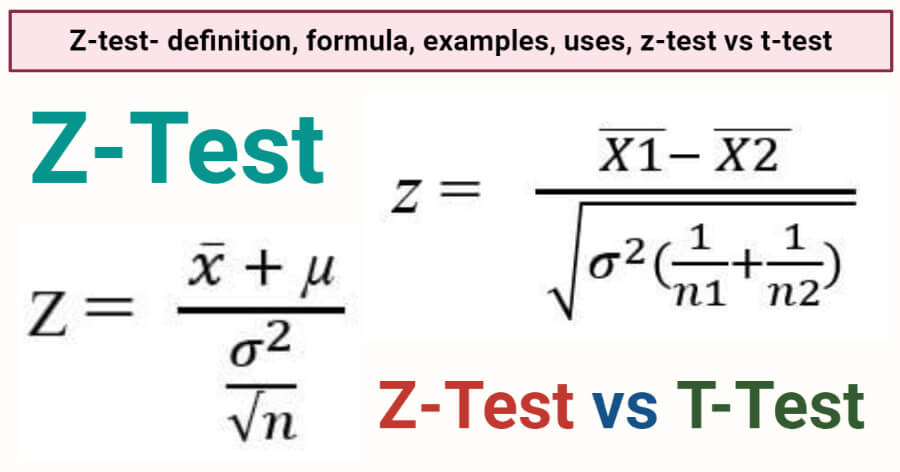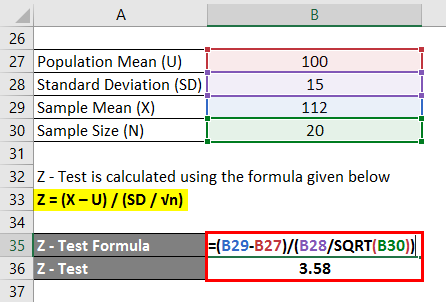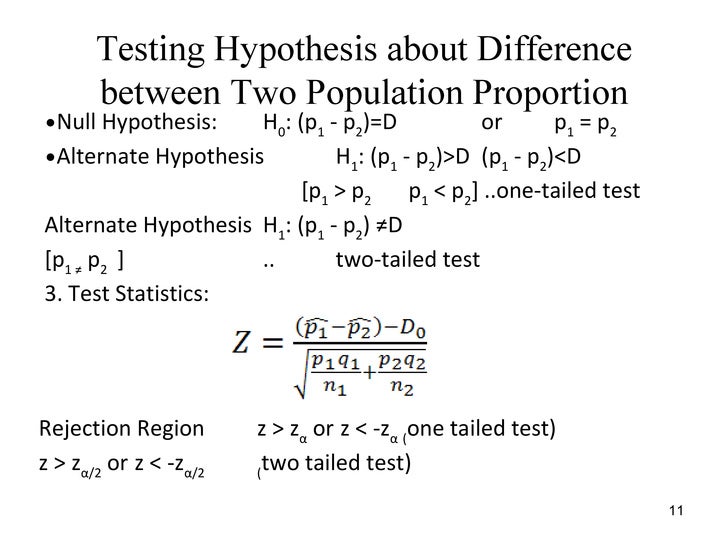
Clearly she does not have the population standard deviation, so she must use a $t$-test. Though Janet’s sample is small, she has reason to believe that the population is normally distributed, so she can use the CLT. Write Janet’s null and alternative hypotheses and test her claim at the 0.05 significance level. Janet believes that the average is really less than \$22,000 and has found that the ten secretaries in her area have the following salaries: $21178$ The XYZ Corporation has told its staff that the average salary of a secretary is normally distributed with a mean of \$22,000. Thus, Jerome’s conclusion here should be that the data does not support a claim that the average American’s frozen dairy product consumption is different from 23.2 quarts per year at the 0.05 significance level. The significance level is $\alpha=0.05$, so it is not true that $p\le\alpha$. The screenshots below show the entry screen and the screen that results when is pressed. That example explained why the hypotheses for Jerome’s test should be $\hzero\colon\mu=23.2$, $\halt\colon\mu\ne 23.2$. This is, of course, the same problem as Example 4 of §8.2 except that we are given the sample standard deviation $s$ instead of the population standard deviation. Perform Jerome’s hypothesis test for him, clearly stating his hypotheses, the $p$-value he will find, and his conclusion. He has obtained information from fifty people, for whom the mean was 22.1 quarts and the standard deviation was 4 qt. In addition, new chapters introduce more advanced topics such as meta-analysis, likelihood, bootstrapping and robust standard errors, and analysis of clustered data.Jerome wishes to test the claim that the average American eats 23.2 quarts of frozen dairy products per year at the 0.05 significance level.
#Standard deviation for hypothesis test calculator full
The book now includes full coverage of the most commonly used regression models, multiple linear regression, logistic regression, Poisson regression and Cox regression, as well as a chapter on general issues in regression modelling. The second edition of Essential Medical Statistics has been comprehensively revised and updated to include modern statistical methods and modern approaches to statistical analysis, while retaining the approachable and non-mathematical style of the first edition. An introductory textbook, it presents statistics with a clarity and logic that demystifies the subject, while providing a comprehensive coverage of advanced as well as basic methods. See alsoīuy from Amazon US - CA - UK - DE - FR - ES - ITĮssential Medical Statistics is a classic amongst medical statisticians.

Or when the hypothesized mean is k and the standard deviation is s:

The P-value is calculated using the one sample t-test, with the value t calculated as: The P-value is the probability of obtaining the observed mean in the sample if the null hypothesis value were the true value.

A significance value (P-value) and 95% Confidence Interval (CI) of the observed mean is reported. This procedure calculates the difference of an observed mean with a hypothesized value.



 0 kommentar(er)
0 kommentar(er)
